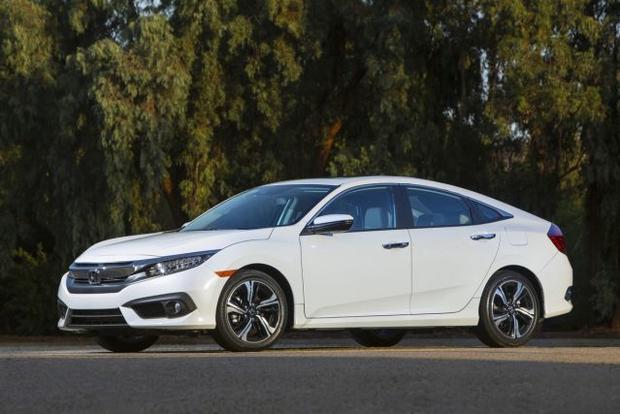Before you send your student to college with a car
For students graduating from high school this spring and planning to go to college in the fall, the next few months will be a busy time for them and their parents. If one of the things you're dealing with as a parent is your child taking a car to college, you'll also need to make sure you have the right auto insurance coverage.
The first step is to notify your auto insurance company about what the student's driving arrangements will be at school. It's important to tell the carrier exactly where and how often your student will be driving. It'll need to know where the vehicle will be located when it's driven to and from school and home so they can help you determine the proper way to insure it.
If the college is near a large city and you reside in a rural area, expect to pay an additional surcharge to insure that car. But if you live in an urban area, and your teen takes a car to a rural area school, you might be surprised to learn that you'll save a few hundred dollars. That's because the car will be primarily driven and parked in a lower-risk location.
The possibility of saving some money is another good reason for talking with your insurance company now.
Some parents think it's better to have their student own the vehicle and have his own auto insurance. The strategy is to purchase an older vehicle, with lower resale value, name the student as the primary driver on it, and obtain a separate policy with liability coverage and no collision coverage.
This could save a few bucks, but the priority should be on providing a safe vehicle for your student rather than cutting a bit on insurance costs.
If you want to reduce your premium, try increasing your deductibles, which means you're responsible for a loss up to these dollar limits in your policy. Your insurer can tell you how much you can save by increasing your deductible from, say, $200 to $500 or even $1,000.
Still, it's often less costly to have the student remain on the parent's policy. The benefits of doing this include lower rates when the parent and student have clean driving records and all of your discounts (multi-car, multi-policy, etc.) will be taken into consideration. It also helps to have continuity of coverage on the student, which will help him get lower-cost coverage later when he finally gets his own policy.
Students can usually remain on their parents' policy when they don't own a vehicle of their own, still live with their parents or if they're in school full-time and list the parents' address as their primary residence.
If your college student is listed as a driver on your policy and she doesn't take a car to school, make sure to inform your insurance company. Most carriers will provide a resident student discount if the student goes to a school more than 100 miles away and doesn't take a car.
But the student should remain as an insured driver on your policy to ensure she'll be covered under your policy when she returns home for holidays and breaks and drives your car. It also ensures that the student is covered when she drives a friend's car and is covered as a passenger or as a pedestrian. In this situation, some insurers may list the student as an occasional driver, which can save money on your premium.
Also be sure to talk with your student about why it's not a good idea to lend the car to roommates and other friends at college. That's because insurance follows the car, not the driver. So no matter who's driving, if your car is involved in an accident, the claim is on your policy.
If there' major damage, your liability coverage may pay up to your dollar limits, and the driver's coverage may pick up the rest. But if the friend doesn't have any insurance, the costs in excess of your insurance limits will be your responsibility.
Finally, have a conversation about using the car to transport goods or people for pay. Most personal auto policies exclude coverage for this. So if your student plans to drive the car for Uber, Lyft or for food deliveries, you need to call your insurer first to make sure you're liability coverage is sufficient to cover whatever the ride-hailing services' policies don't. Often your insurer can offer an additional rider, which costs more, but ensures you're covered.


